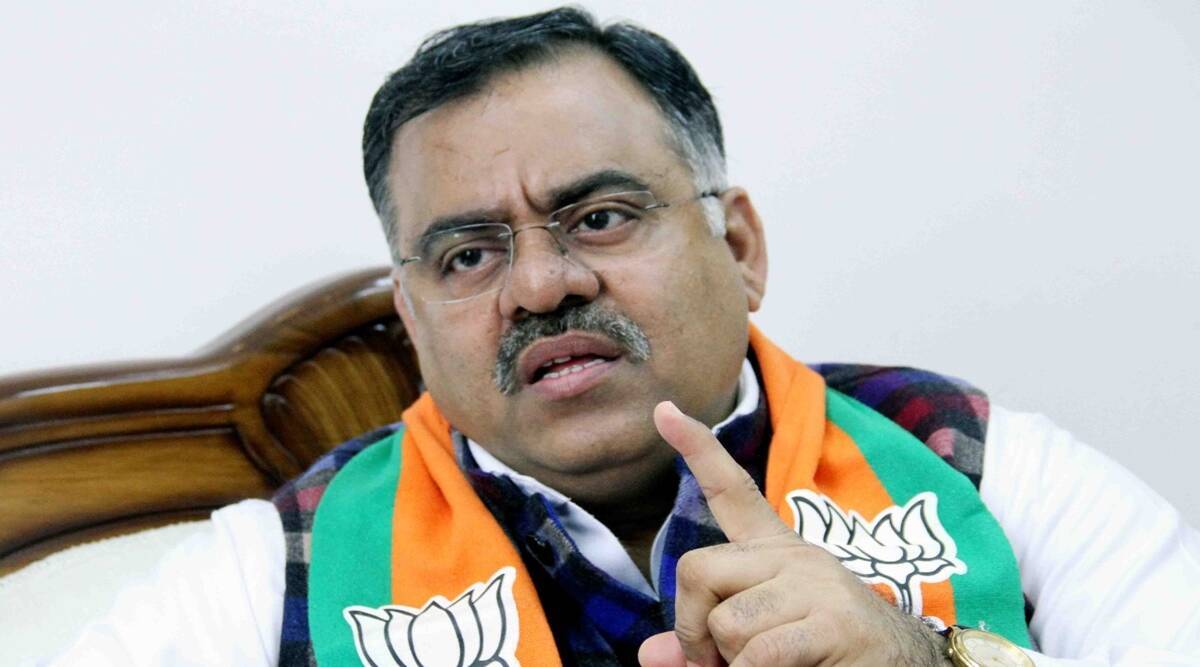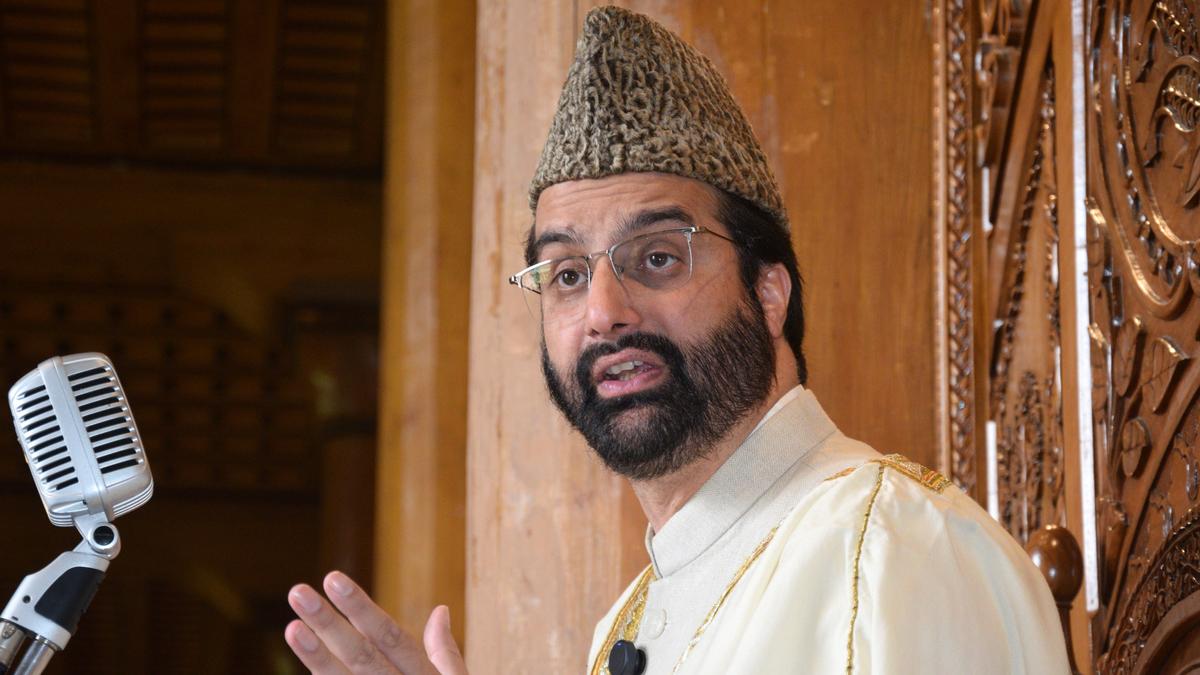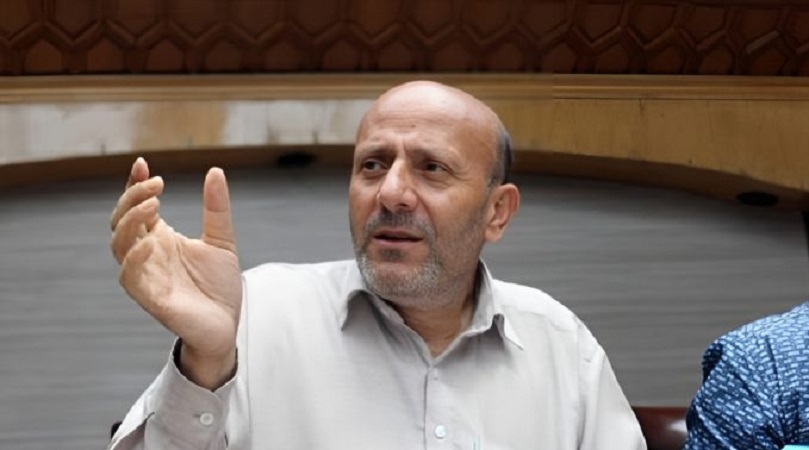CM Should Quit for Increasing Indebtedness and Financial Mess: Chugh
Bhartiya Janta Party’s National General General Secretary Tarun Chugh strongly condemned the Bhagwant Mann government for its dismal failure in maintaining fiscal discipline, which has led to a significant and alarming increase in Punjab’s indebtedness.
Expressing his serious concern over the Punjab Government’s recent decisions to reissue loans amounting to ₹500 crore and ₹650 crore through its ‘Punjab SGS 2044’ and ‘Punjab SGS 2049’ government stocks, respectively, Chugh said these actions reflect the complete collapse of financial management in the state.
These reissues highlight the alarming fiscal mismanagement and the incompetence of the state’s leadership. With a combined borrowing of ₹1,150 crore, Chugh emphasized that the government has opted for a short-term solution that could severely damage Punjab’s long-term financial stability.
Blaming Chief Minister Bhagwant Mann for creating a financial mess in the state, Chugh demanded his resignation for failing to manage state finances effectively.
Chugh asked Bhagwant Mann and his government as to why are they distributing freebies and at the expense of future generations of Punjab.
He also pointed out that Punjab’s rising debt burden has become unsustainable, Instead of addressing the structural problems in its financial management, the state has been pushed further into debt, with loans at interest rates of 7.15% and 7.14% for 20 and 25 years, respectively. This irresponsible fiscal approach, Chugh noted, will leave future administrations grappling with massive repayments, limiting their ability to invest in critical sectors like education, healthcare, and infrastructure.
Chugh also highlighted the troubling lack of transparency regarding how these funds will be allocated. The people of Punjab have not been provided with a clear and detailed plan for how the borrowed money will be utilized, raising concerns about potential unnecessary spending and mismanagement. These concerns have been raised repeatedly, and they surfaced again when the Punjab government recently approached the central government for additional borrowing.
Chugh stressed that the burden of servicing these loans will fall heavily on Punjab’s taxpayers, who may face higher taxes or reduced services as Punjab’s economy continues to stagnate. The decision to reissue these loans, he said, ignores the critical need for economic reforms. Rather than relying on loans to mask underlying issues, the government should focus on boosting revenue by cutting wasteful expenditures and attracting private investment.
The most alarming aspect, according to Chugh, is the burden these loans will place on future generations. For example, the ₹650 crore loan, if not repaid until 2049, will force Punjab’s children and grandchildren to bear the cost of today’s poor fiscal decisions long after the current administration has left office.
In the past 6 months only Punjab has additionally borrowed more than 11000 crore, which has brought the state’s overall debt to almost 4 Lakh Crore.
This irresponsible borrowing pattern, he said, shows a lack of long-term financial planning. The government’s continued reliance on debt is pushing Punjab into a debt trap, where interest payments grow at the expense of public welfare.
Tarun Chugh called on the Punjab Government to stop such reckless borrowing and engage in responsible fiscal management. The state must prioritize transparency by providing detailed plans for how these loans will be used and commit to public accountability in all financial decisions. Chugh emphasized that the focus should shift from short-term debt solutions to implementing structural reforms that promote sustainable economic growth and reduce the state’s reliance on borrowing.
“Punjab cannot afford to continue down this dangerous path. The government must act now to protect the long-term financial health of the state and ensure that future generations are not burdened with the consequences of today’s fiscal mismanagement,” Chugh said.









